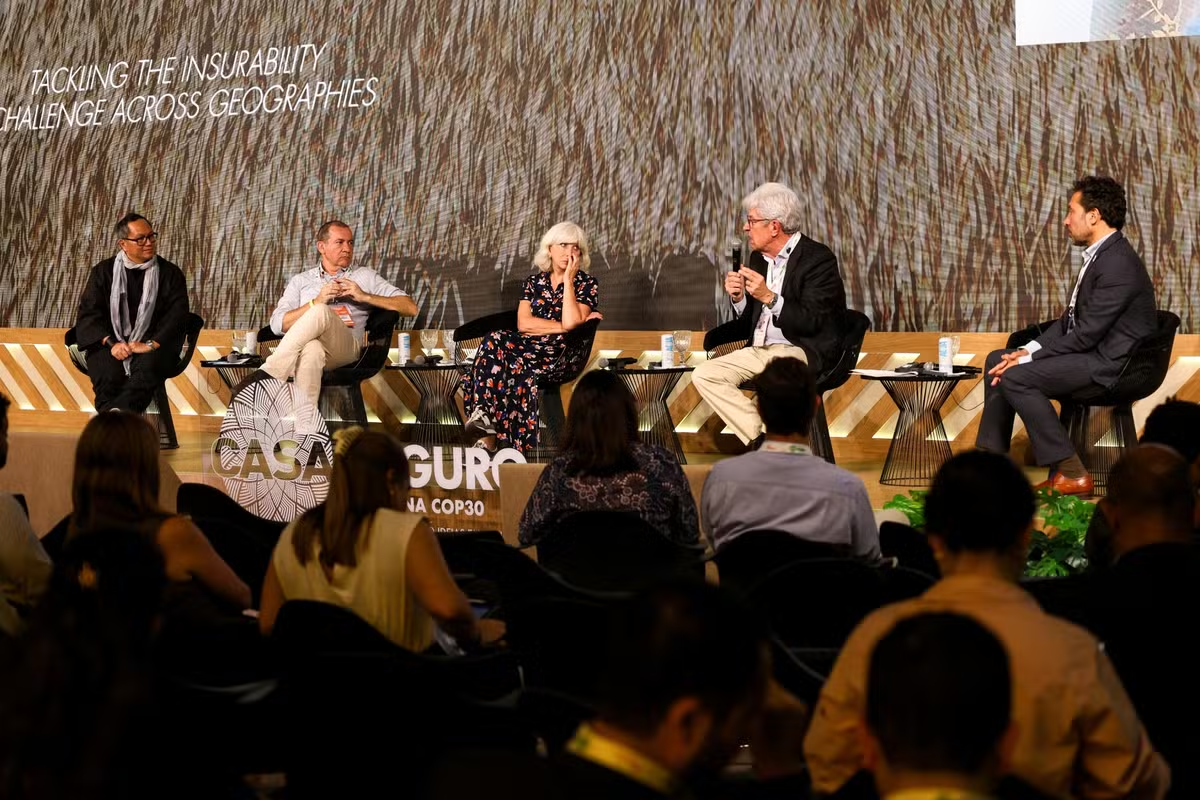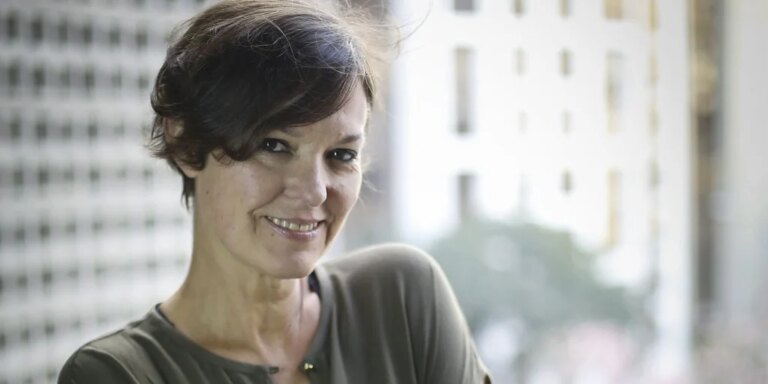
The National Confederation of Insurance Companies (CNseg) will open the doors of Casa do Seguro this Monday (10th), which will become a gathering space for government authorities, business leaders, partners, representatives of international organizations and the organization’s foreign affiliates until the 21st.
Located in a 1,600 square meter pavilion just a few meters from the main COP30 hub in Belém, Casa do Seguro reaffirms the sector’s commitment to sustainability and the search for solutions for a more resilient future. The initiative is supported by empowerment companies such as Allianz, AXA, BB Seguros, Bradesco Seguros, Caixa Seguridade, MAPFRE, Marsh McLennan, Porto, Prudential and Tokio Marine.
Panel 1 — Climate change and health: implications and opportunities for the insurance sector
“Climate change is one of the greatest threats to public health of this century.” This warning, made by Paulo Artaxo, a scientist and member of the Intergovernmental Panel on Climate Change (IPCC), set the tone for the first Casa do Seguro Commission.
Altaxo recalled that global warming could increase average temperatures in Brazil by up to 4.5 degrees Celsius, doubling the occurrence of extreme events. According to Celso Granato, an infectious disease expert at Grupo Fleury, this scenario has already caused an unprecedented health crisis: “Dengue fever is surging in France and northern Italy, schistosomiasis is on the rise in Africa, hantavirus is on the rise in Germany. Even the mosquito population is increasing in Iceland.”
For Thaís Jorge, Director of Insurance Services and Healthcare Management at Bradesco Saúde, coordinated action is essential to meet new challenges. “There are no silver bullets or isolated actions that can address this new reality. On the other hand, with information, we can make a difference.”
The company has launched Our Climate, Our Health, a practical guide to encourage new care and prevention habits. Estevão Scripilliti, Director of Bradesco Vida e Previdência, emphasized the need for products with simplified coverage to expand access to protection.
Panel 2 — Climate action: Efforts to accelerate policyholder adaptation and transition
Ney Ferraz Dias, CEO of Bradesco Auto/RE, recalled that the origins of insurance were inspired by climate change. “Seven out of the 10 biggest natural disasters in Brazil have occurred in the past 15 years, but the protection gap is still 95%,” he said.
The company has expanded coverage for cyclones, storms, floods, fires and landslides, in addition to protection for hybrid and electric vehicles and solar panels.
According to UNEP-FI Coordinator Paula Payran, the sector is working on three fronts in the face of the ongoing transformation: risk analysis, product design and investment recovery. “Without insurance, the economy cannot function,” he said, also highlighting the progress made in Brazil’s Sustainable Taxonomy (TSB).
Bradesco Seguros Sustainability Supervisor Ivani Benazzi, who moderated the morning panel discussion, concluded on a note of optimism: “COP30 represents a very important opportunity. We will leave Belem with concrete proposals.”



